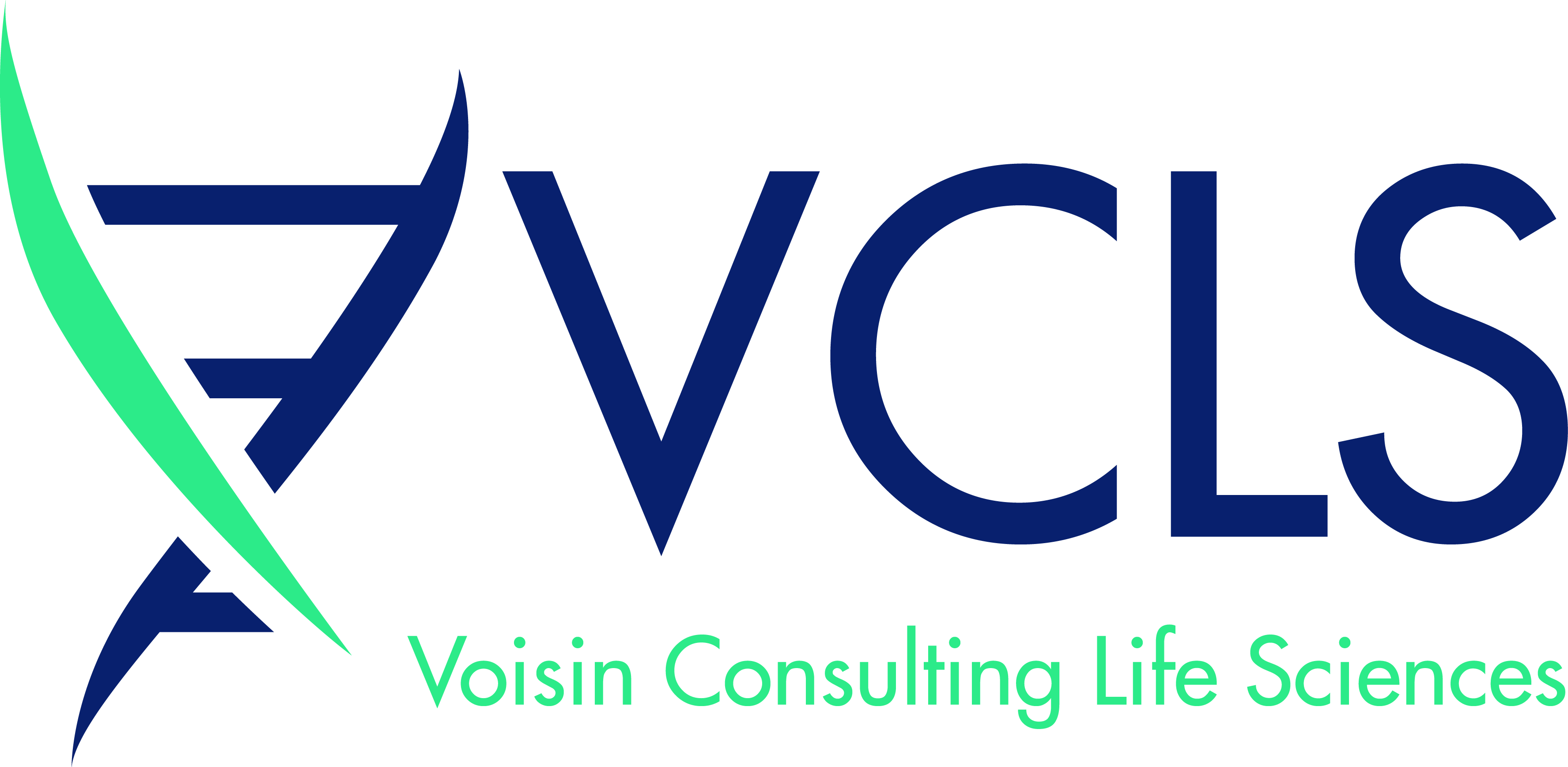
An environmental health specialist monitors the levels of pollution in air, water and noise. They also provide advice to businesses about their legal obligations, workplace safety, and health standards. They are often required to respond to natural disasters or emerging diseases. Find out the duties and responsibilities associated with this job. To learn more about what a typical day in the life of an environmental health practitioner entails, read on!
Environmental health specialists monitor levels of pollution in air, water and sound.
They are trained to monitor the levels of pollution in water, air and noise to protect public health. They analyze data to identify the sources of pollution and ways to combat it. They could work in industry, government agencies, or consulting firms. Consulting firms can place a focus on one area or assess safety at a site. Industry-based environmental health professionals often travel to various industrial sites to conduct assessments. Disaster relief efforts may also involve environmental health practitioners. They often race to disaster sites to assess risks and accelerate cleanup efforts.
The majority of environmental health professionals have a four years college degree in a science subject. For certification, some states require that the professionals have experience and pass licensing exams. Many environmental healthcare professionals also have a master’s degree in environmental medicine science. The National Environmental Health Science and Protection Accreditation Council has accredited most of the environmental health degree programs, which ensures a skilled workforce.

They assist businesses with their legal obligations
An environmental health practitioner advises businesses about their legal obligations concerning health and the natural environment. They are involved in the enforcement of laws and standards and work closely with other professionals. The field is a demanding job for environmental health professionals, who often work under pressure and within tight deadlines. These professionals may work for many different clients, such as manufacturers and service firms to restaurants and shops.
A course must be completed in order to become an environment health practitioner. The course requires you to complete a professional exam and complete a comprehensive experiential learning portfolio. This portfolio can be either part of your degree programme, or you can complete it after graduation. During your studies, make sure you take lots of math, physical sciences, and life sciences courses. Additionally, you should get as much experience in the real world as possible by volunteering with public health organizations and designing science fair projects that relate to pollution.
They offer advice on workplace safety and health.
To identify and control potential hazards to human health and safety, environmental health practitioners are trained. They could work for the government, as well as in industries or commercial businesses. They can also be independent contractors. The typical responsibilities of a nurse include providing advice on workplace health and safety, and helping to implement policies that protect the health and well-being of employees.
An environmental health specialist's main role is to ensure proper safety and health standards, as also to protect the natural environment. An environmental health practitioner provides advice, education, as well as monitoring to ensure that standards are being met. These professionals are sometimes called environmental health officers depending on the level of their specialization. Their primary responsibility lies in promoting healthy environments and decreasing health hazards. They are also responsible for investigating, preventing, and monitoring food and water.

They provide advice on climate change
Environmental health specialists advise on climate change, health, and the environment. These professionals often work in partnership with both the private and public sectors. Their responsibilities include the prevention and management of communicable diseases, water safety, food safety, and surveillance of premises. These professionals are also responsible for controlling vectors and preventing environmental pollution.
Environment health specialists are often employed in government agencies or engineering facilities. They often need to travel. Their job involves many skills. It is important to preserve the public's health and reduce pollution.
FAQ
Is it possible to start a consultancy from home?
Absolutely! In fact, many consultants already do exactly this.
Freelancers often work remotely through tools like Skype and Trello, Basecamp, Basecamp, Dropbox, and Slack. To avoid being left out of company perks, they often set up their own office space.
Some freelancers prefer to work in cafes or libraries instead of in a traditional office environment.
Some choose to work remotely because they are surrounded by their family.
Although working from home is a great option, there are some downsides. It's worth looking into if your job is fulfilling.
What should your consulting fees be?
It depends on what you are offering. If you are offering services for free, it is not worth charging anything. You must charge for services or products if you want to sell them.
If you are offering low-quality services, you don't have much to sell. You are not worth anything, so why should anyone pay you anything.
You might be able ask for a more expensive price if your services are of high quality. People recognize the value in you offering. Also, clients who purchase multiple packages from your company may get discounts.
What are the benefits to being a consultant?
Consultants often have the option to choose when and what they do.
This means that you are able to work from wherever you're at any time.
It also means you can easily change your mind without worrying about losing money.
Finally, you are able to manage your income and make your own schedule.
Statistics
- Over 62% of consultants were dissatisfied with their former jobs before starting their consulting business. (consultingsuccess.com)
- WHY choose me: Why your ideal client should choose you (ex: 10 years of experience and 6-week program has helped over 20 clients boost their sales by an average of 33% in 6 months). (consultingsuccess.com)
- On average, your program increases the sales team's performance by 33%. (consultingsuccess.com)
- Over 50% of consultants get their first consulting client through a referral from their network. (consultingsuccess.com)
- According to IBISWorld, revenues in the consulting industry will exceed $261 billion in 2020. (nerdwallet.com)
External Links
How To
What is a typical day for a consultant?
Depending on what type of work you do, your typical day may vary. You'll spend your time researching new ideas and meeting clients.
You will often have meetings where you discuss issues and problems with clients. These meetings may be over the phone via email, on-line, or face-to–face.
The proposal is a document that outlines your ideas and plans to clients. These proposals should be discussed with a mentor or colleague before being presented to clients.
You will need to create content after all your planning and preparation. For example, you could be writing articles, designing websites, creating videos, editing photos, or conducting interviews.
Depending on the scope of the project, you may need to do some research in order to gather relevant statistics or figures. You might need to determine how many customers you have, and whether they buy more than one product.
Once you have gathered enough information, it's time to present your findings to clients. You may give your findings orally or in written form.
After your initial consultation with clients, you need to keep in touch. You can call clients to ask how they are doing or send emails asking for confirmation that your proposal was received.
Although it takes time, this process is worth it. It's also important to keep your eyes on the prize and maintain good relations with clients.